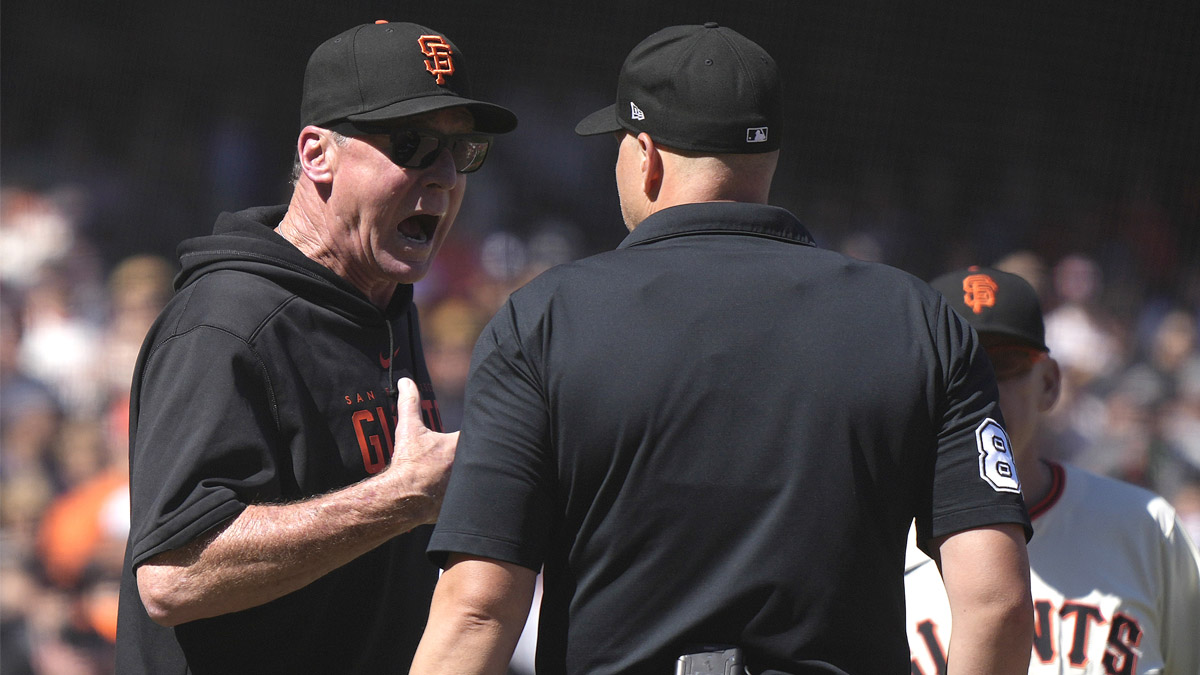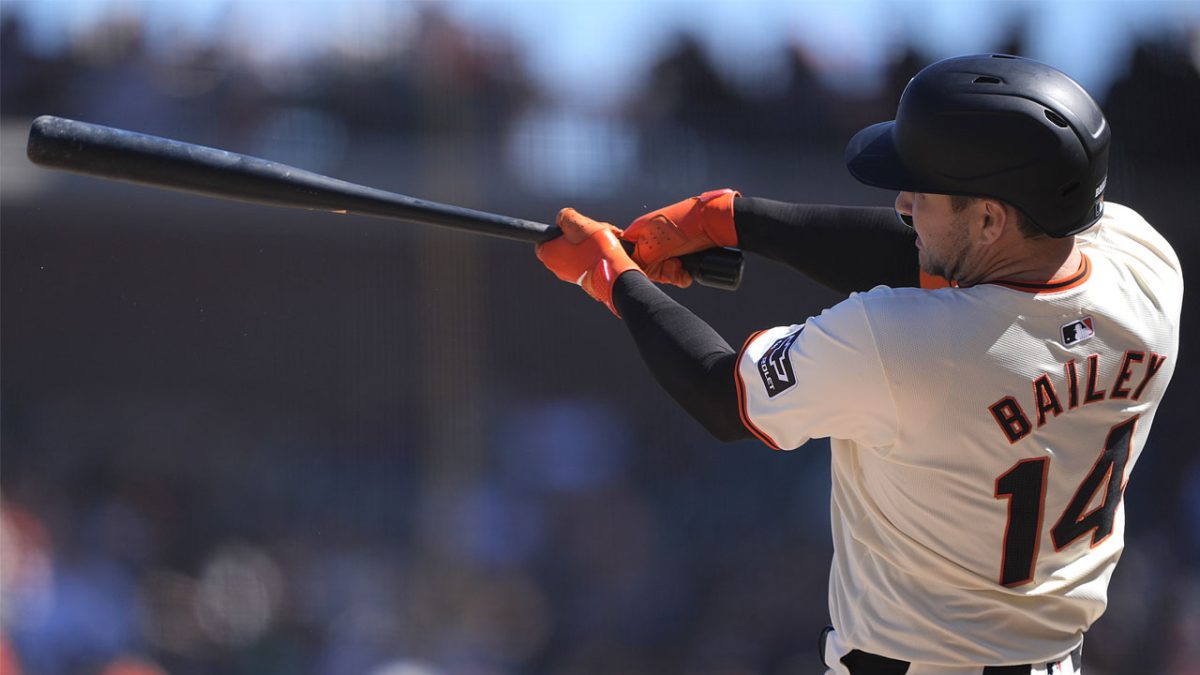OAKLAND – Even as sports teams strive for continuity, citing it as a component of success, those calling the shots for the Warriors are open to opposite thoughts.
They sensed a need to break up the team's brotherhood before diving into the 2016-17 season. They felt this way before the epic NBA Finals collapse, before the league-record 73rd victory and perhaps even as they won their first 24 games to open last season.
Though the pursuit of impending free agent Kevin Durant was a factor in welcoming such a roster shakeup, there was another reason recognized by coach Steve Kerr and team president/general manager Bob Myers.
"One of the things Bob and I talked about before we even signed Kevin," Kerr says, "was we have to go after him because if we bring the exact same team back again, we'll be really good but we'll be stale."
After following up the franchise's first championship in 40 years with a return trip to the NBA Finals – in the process raising the bar to unprecedented heights – the Warriors worried about the strain of sustaining success with the same faces. Nothing against the likes of Andrew Bogut, Harrison Barnes, Marreese Speights and the others, but they wanted to avoid any possibility of stagnation.
And they were willing to pay a steep price. So they pursued and acquired Durant, simultaneously disrupting continuity and adding to the weight of expectation.
Sports
"We were going to be somewhat stale anyway, so adding him changes the dynamics and keeps things different," Kerr says. "He's obviously incredibly motivated, and our guys love playing with him."
If the Warriors were expected to win it all before Durant showed up, they now are presumed superior and expected not only to win but to do so while giggling at the futility of their opponents.
It's unrealistic to believe the Warriors will mash every team they see. Yet it's evident that each loss, or near-loss, or non-blowout opens the door to analytical overload.
"You don't really feel it on the court," Stephen Curry says. "But the vibe around our team, the headlines that you hear and try to block out, it's just normal chatter."
"We win (108-99 over Dallas on Friday) by nine, and it's easy to nitpick about what we did wrong and things we need to continue to work on to get better, which is fine. We've done a really good job of . . . being focused on each individual game and trying to bring as much energy as possible.
"Even though human nature does tell you we've been at this thing, at this level, for the third straight year, you don't want to get bored with that process."
Bored, in this instance, equals stale. Or stagnation. It's the bane of the quality team, no matter the sport. Consider the New England Patriots or the San Antonio Spurs, the two teams most identified as maintaining a level of excellence for the better part of 20 seasons.
The Warriors are in Year 3 of their uprising. And already they saw a need to advance, to present their foes with new challenges.
Kerr recalls the, um, struggles, of the 1997-98 Chicago Bulls, who were coming off back-to-back titles in seasons during which they won 72 and 69 games. The '97-'98 Bulls settled for 62-20. As a member of those teams, he can take those experiences into his coaching office this season.
"We had the same kind of feeling with the Bulls that third year," he says. "It was like everyone was kind of waiting to get to the playoffs. You have to constantly remind yourself and your team and your fans that this is a special era. Enjoy every second of it. You have to take joy in it and enjoy the process. Don't take the winning for granted.
"But it's easier said than done because we've been doing it for two-and-a-half years. It's not quite fresh anymore."
No, winning has, in a short span of time, become it's old hat to a team that for two generations struggled to be relevant, much less successful. With losers becoming winners, spectacularly so, memories of Warriors' teams past have faded into mist.
"That's part of the deal when you've been to The Finals, you've won it all and you've been to The Finals a couple years in a row, it's just not a fresh for anybody," Kerr says. "That first year when we won it, two years ago, it was so exciting for us, for our fans, because we'd never done it before Our fans hadn't seen it in 40 years, so every night was special. It was like, ‘Wow, this is amazing.' "
Fans at Oracle Arena now anticipate being wowed. They assume they will be, so they wait for those moments, for the Klay Thompson transition 3-pointer, or the magical move by Curry or, now, the austere magnificence of Durant.
And when it doesn't come, there is a palpable disappointment. Despite a league-best 29-5 record, there is fretting over turnovers or poor rebounding or momentary defensive lapses.
To imagine the Warriors without Durant, though, is to capture a relatively tired tableau. He is their antidote to staleness. And if the task is to maintain the edge required to win at least 80 percent their games and, more important, secure the top overall seed for the postseason, having him on the roster should make that easier.
But there is another element. Durant gives the Warriors and their fans something new and exciting to see and feel. It charges the room that needed a jolt. The team's goal is to fully integrate him before the second season, which they accept is the one that matters to them and their fans.
"There are certain nuances to what KD brings specifically to us that we need to stay on top of every single day," Curry says, "so that when the important games come in April, May and June, that we're ready all the way through."
There is within that statement an acknowledgment of challenge. There is faith.
There is presumption, too, which results in extra weight.
There also is the belief that change was needed, that here in the 21st century even the best of teams must evolve to some degree. Witnessing the evolution, though, will not always been pain-free.



